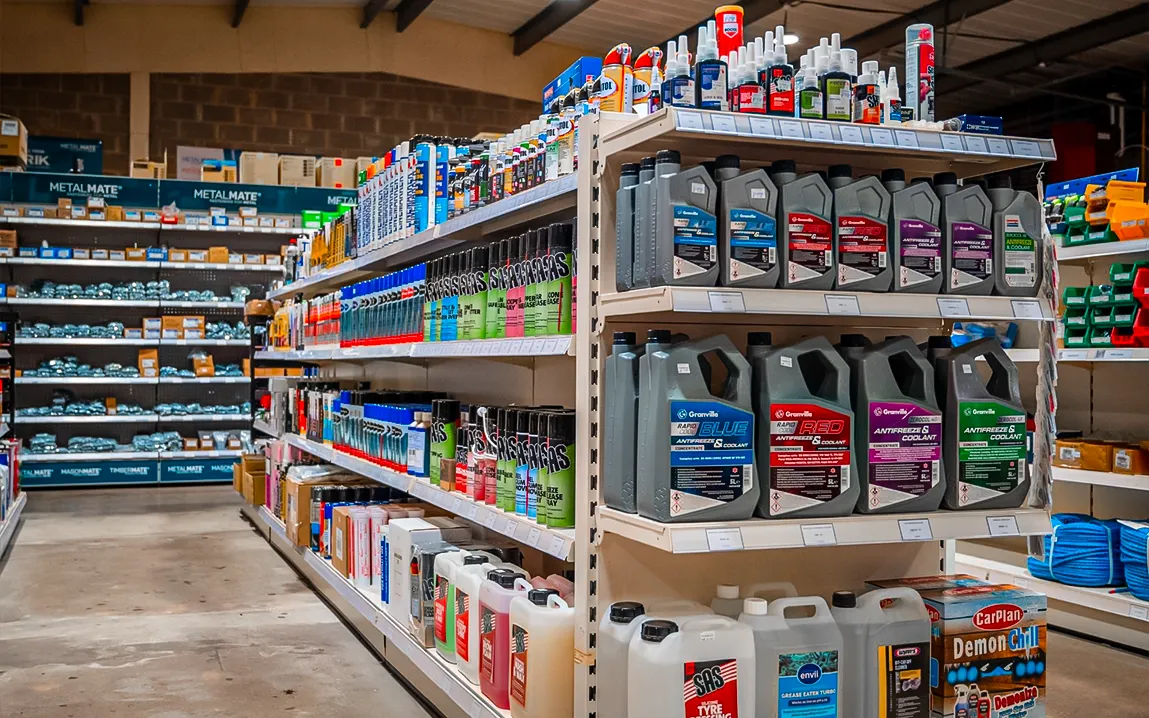When James Kenney stepped into a New Mexico store to purchase some furniture, he did not expect to find himself embroiled in a chemical controversy. The clerk offered a fabric protectant, and as Kenney, New Mexico’s Environment Secretary, looked at the list of ingredients, he noticed PFAS (per- and polyfluorinated alkyl substances) among them. PFAS are referred to as “forever chemicals” as they are a class of compounds that are not easily broken down and are linked to serious health effects.
“They tried to sell it to the secretary of environment,” Kenney said, shaking his head. “Most of the New Mexicans wouldn’t have even known they were being exposed.” At that moment, he resolved to work to change state policy.
Fast forward to today: New Mexico has passed two bills that would ban consumer products with PFAS in them. It joins Maine and Minnesota, which have passed laws against PFAS in consumer products, which are present in everything from cookware to cosmetics, carpets, to drinking water.
This wave of state legislative actions is a big step in what some people are calling the “PFAS reckoning.” However, not everyone is on board.
The ban on PFAS has sparked a furious backlash from the chemical and consumer goods sectors. Organizations like the Cookware Sustainability Alliance (CSA) and the American Chemistry Council are fighting back vigorously, seeking exemptions, and attempting to stop, at least in some states, any proposed legislation.
In Minnesota, for example, the CSA is suing the state, claiming its PFAS limits are against the law. The disagreement hinges on ambiguities over how the term “PFAS” is defined. Industry representatives argue that certain types of PFAS, such as fluoropolymers used in nonstick cookware, are safer than others and shouldn’t be included in blanket bans. In New Mexico, their lobbying efforts were successful; fluoropolymers are now exempt under the state’s recent laws.
Steve Burns, a lobbyist for the cookware sector, believes these differences matter. “We’re not saying PFAS should be unregulated,” he says. “We’re just saying the science shows that some are different and safer.” Public health advocates are not on the same page.
“PFAS is PFAS,” says Gretchen Salter, policy director at Safer States, a national advocacy organization. “These chemicals are harmful at every step of the process, from production to use to disposal, and exemptions will undermine the bans’ purpose.”
Studies have observed PFAS exposure concerning cancer, reproductive issues, and immune dysfunction. EPA findings indicate that nearly half of the population in the U.S. has PFAS in their drinking water, and nearly everyone has at least one type of PFAS in their blood.
While the Federal government has only recently started setting PFAS limits, states are now leading the effort. In 2021, Maine passed a ban on PFAS in consumer products, while Minnesota did the same in 2023. In 2024 alone, there were PFAS bills introduced in 29 states, showing some momentum behind the regulation.
In February, more than 40 trade associations urged the EPA to adopt a narrower and less restrictive definition of PFAS, in particular, to define PFAS similarly to states like West Virginia and Delaware, which have put together very limited regulations of PFAS.
This push highlights the stakes for advocates.
“By narrowing the definition, they’re giving the green light to continue to use the harmful chemicals,” warns Salter. “We are trying to push for safer alternatives, and exemptions kill the incentive for business to do that. “Kenney still keeps it practical.
“We know that this is not perfect. But it is a start.” For now, this battle over PFAS continues. As consumers better understand the issue and legal frameworks expand, we will not see a breaking cease between public safety and profit.



